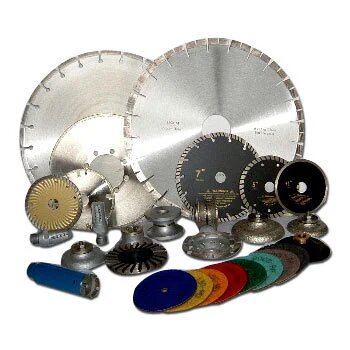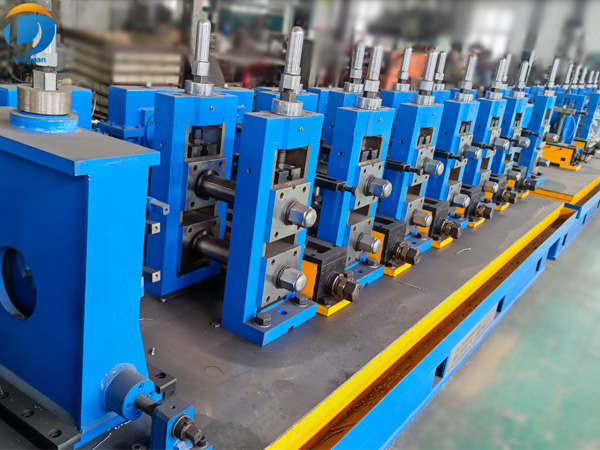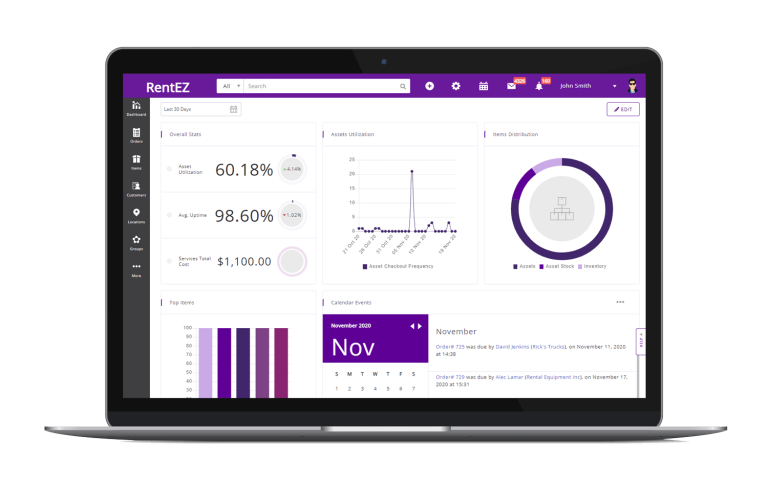Is it better to get a car loan through a dealership or a bank?
When you’re in the market for a new car, one of the crucial decisions you’ll need to make is how to finance your purchase. Most people don’t have the cash on hand to buy a car outright, so they often turn to car loans to make their dream car a reality. However, a common dilemma arises: Should you get a car loan through a dealership or a bank? In this comprehensive guide, we’ll explore the pros and cons of each option to help you make an informed decision.
1. Dealership Financing
Pros:
- Convenience: One of the primary advantages of obtaining a car loan through a dealership is convenience. Everything, from choosing your car to securing financing, can often be done in one location. This streamlined process can save you time and effort.
- Special Promotions: Dealerships frequently offer special financing promotions, such as low-interest rates or cashback incentives. These deals can be enticing and potentially save you money.
- Options for All Credit Types: Dealerships often work with multiple lenders, making it easier for individuals with various credit scores to secure a loan. Even if you have less-than-perfect credit, you may still find financing options at a dealership.
Cons:
- Potentially Higher Interest Rates: While dealerships may offer attractive promotions, it’s essential to read the fine print. In some cases, the advertised low-interest rates may only apply to those with excellent credit. If your credit is less than ideal, you could end up with a higher interest rate compared to what a bank might offer.
- Limited Negotiation: Dealership financing terms are generally less negotiable than those offered by banks. This means you might have less room to haggle over the interest rate or other loan terms.
2. Bank Loans
Pros:
- Competitive Interest Rates: Banks often provide competitive interest rates on car loans, especially if you have a good credit history. This can translate to lower overall costs compared to dealership financing.
- Clear Terms: Bank loans tend to have more transparent terms and conditions. You can review the loan agreement thoroughly and ask questions about any clauses you don’t understand.
- Pre-Approval Options: Before you even set foot in a dealership, you can get pre-approved for a bank loan. This allows you to know your budget and gives you more bargaining power when negotiating the price of the car.
Cons:
- Potentially Lengthy Approval Process: While pre-approval is an advantage, securing a bank loan can take more time and effort. Banks may require more documentation and have a more stringent approval process.
- Less Convenience: Unlike dealerships, banks don’t sell cars, so you’ll need to find your vehicle independently. This might require additional time and research on your part.
Conclusion
In the end, the decision of whether to get a car loan through a dealership or a bank depends on your individual circumstances and priorities. If convenience and a wide range of options are crucial to you, dealership financing might be the way to go. On the other hand, if you’re focused on securing the best interest rate and having a clear understanding of your loan terms, a bank loan may be the better choice.
Remember, it’s essential to shop around, compare offers, and carefully read the terms and conditions regardless of which option you choose. By doing so, you can make an informed decision that aligns with your financial goals and puts you in the driver’s seat when it comes to financing your next car purchase.






